Many tourism experts believe that Hanoi should soon pilot a "train street coffee street" after it continued to operate despite being banned.
VnExpress 's records on August 27 showed that hundreds of tourists flocked to the new train street cafe in Dien Bien ward to watch the trains run. On the morning of August 28, the Phung Hung train street section was also in operation, with many tourists sitting and drinking coffee, walking on the train tracks and taking photos. The entrances to Phung Hung train street had one or two members of the militia force on duty to guard them. If customers asked, they would say they were not allowed to enter. However, the coffee shop owners openly invited customers and said there was a detour to get in.

Tourists wait for the train to arrive at the Dien Bien railway coffee street on August 27. Photo: Loc Chung
Despite being banned, the "train street coffee street" still operates openly or secretly. Occasionally, when the authorities tighten control, the businesses will switch to "guerrilla operations". But since the Lunar New Year, the train street has been operating almost openly, attracting a large number of visitors.
Mr. Phan Dinh Hue, Director of Vietcircle Travel Company, a destination development expert, said that based on what is happening in reality, banning the train street is "impossible". Therefore, Hanoi should consider developing this area into a tourist destination with ticket sales and caretakers. In addition, the number of visitors per day should also be limited to avoid causing safety risks when the train arrives.
"Businesses also need to pay to maintain security forces and must comply with railway safety regulations," said Mr. Hue.
Faced with the current situation of "neither closed nor open", Mr. Nguyen Tien Dat, General Director of AZA Travel, believes that opening a train street will be a better choice to develop tourism.

Coffee shop owner invites customers in front of police on the morning of August 28. Photo: Tu Nguyen
Mr. Dat said he is attached to this area because he lived on Hang Bong Street when he was young. His memories of the old train street were of a "smelly, dangerous and somewhat shabby" place. Since businesses opened coffee shops, the street's appearance has completely changed, and that is a positive sign brought by tourism.
"I think we need to pilot the opening of a railway street and apply safety measures. Households are still operating but lack management and this is even more dangerous," said Mr. Dat, although he commented that the act of openly soliciting customers in front of the authorities is "disregard for the law."
Mr. Nguyen Cong Hoan, General Director of Flamingo Redtours, said that the railway cafe is a "new and dramatic place" that should attract international tourists. "The relevant parties should sit together to think of safety measures. If they find it is not suitable, they should ban it completely," Mr. Hoan suggested.
He said that it is not easy to "ban and ban" the railway street. Sociologically, people have lived in this area for many generations. Therefore, it is necessary to consider whether their living area is within the railway safety corridor, and whether their land is encroached or legal. If it is encroached land and violates the railway safety corridor, the government should quickly remove it. However, if this is legal land, it is "not wrong" for them to make a living in the living area.
"If banned, Hanoi must consider how many households will be affected by the decision. They have invested so much, who will support them if banned?", Mr. Hoan said.
From the international tourists' perspective, the majority commented that the train street is a unique destination, with almost no similar places in the world. They said they "feel confused" when they learn that the train street is banned.

Byron (in white shirt) and two friends were not allowed to enter the train street after asking permission from the militia. Photo: Tu Nguyen
Byron, an Australian tourist who visited Train Street on August 28, said he had never seen such a "unique" place in the world. He hopes the government will soon manage the Train Street to make it a safe destination. Byron and his group of friends refused invitations from cafe owners to "enter illegally" because they were worried about being scammed.
Daisy Hayer-Markos, a Dutch tourist, said that the train street has a special attraction for foreigners. The awareness of tourists here is "very high". They listen to the instructions of the cafe owners as soon as the train arrives. Therefore, Daisy said "there is no danger" to ban such a popular tourist spot.
Evaluna Perez Guillen, an Italian tourist, said that Hanoi's train street is a popular destination for many Europeans. She visited the train street last September and commented that the trains moved very slowly, and that there were always people using horns to warn passengers. Evaluna believes that this area is only dangerous "for deaf people".
"This is a unique destination in Vietnam, I have never seen anything like it. This neighborhood will help Vietnam attract a huge number of tourists from all over the world," she said.
Vnexpress.net





![[Photo] Prime Minister Pham Minh Chinh receives Mr. Jefferey Perlman, CEO of Warburg Pincus Group (USA)](https://vstatic.vietnam.vn/vietnam/resource/IMAGE/2025/4/18/c37781eeb50342f09d8fe6841db2426c)


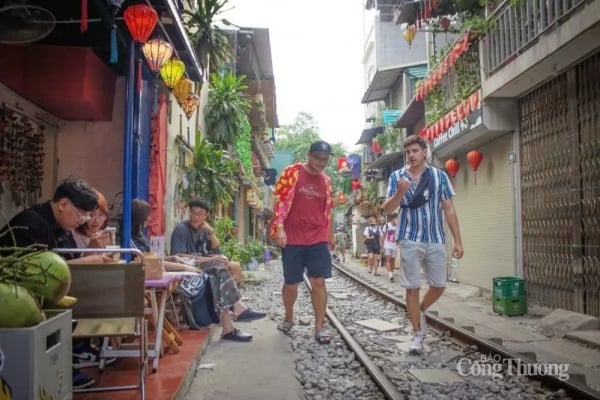



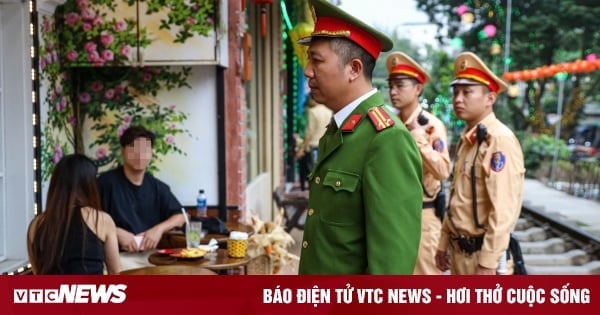

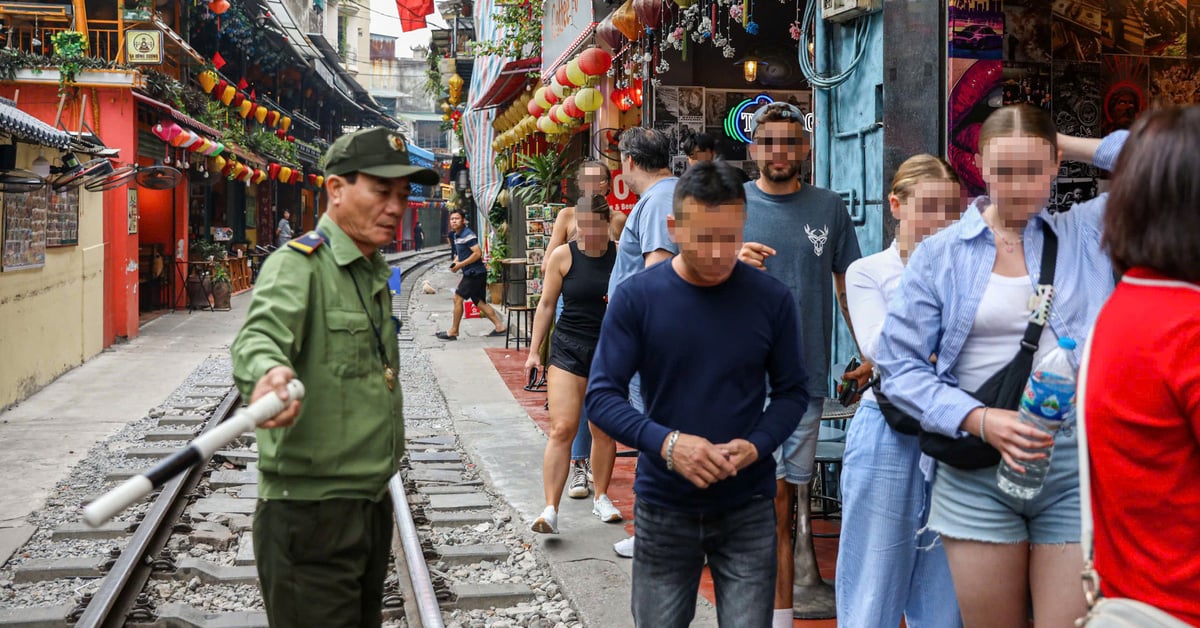

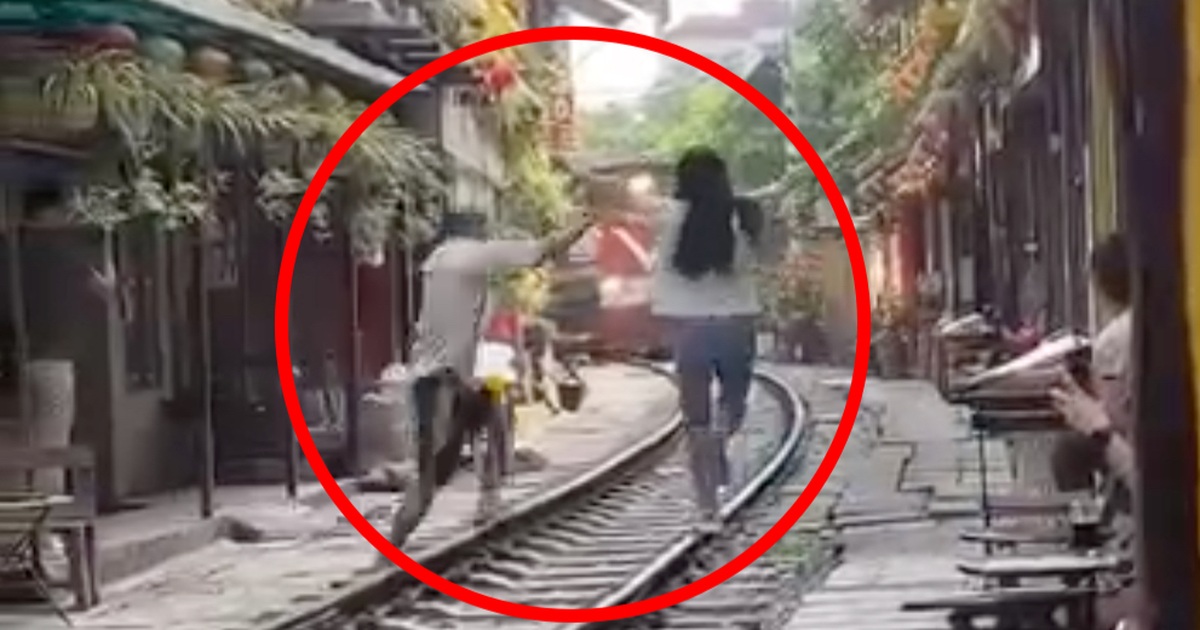
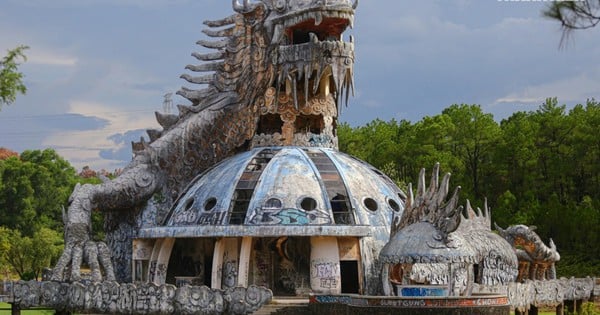

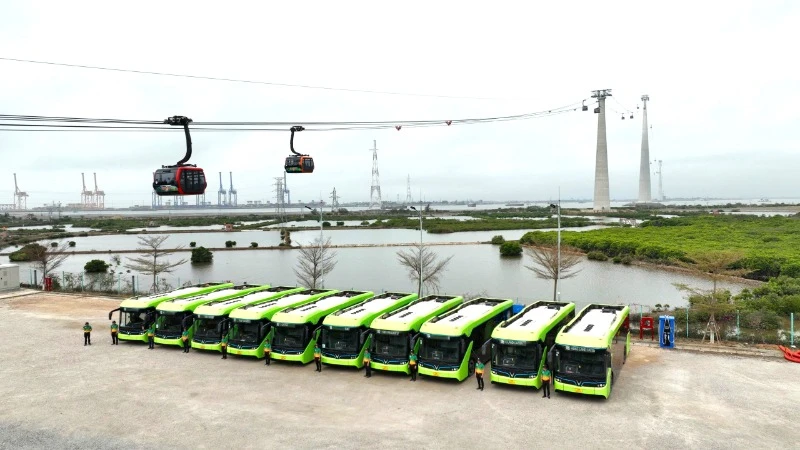

![[Video] “REBIRTH” OF TRADITIONAL CRAFT VILLAGES IN THE HEART OF THE OLD TOWN](https://vstatic.vietnam.vn/vietnam/resource/IMAGE/2025/4/18/8d8a6a87bb7e451497b78386e8e7416e)

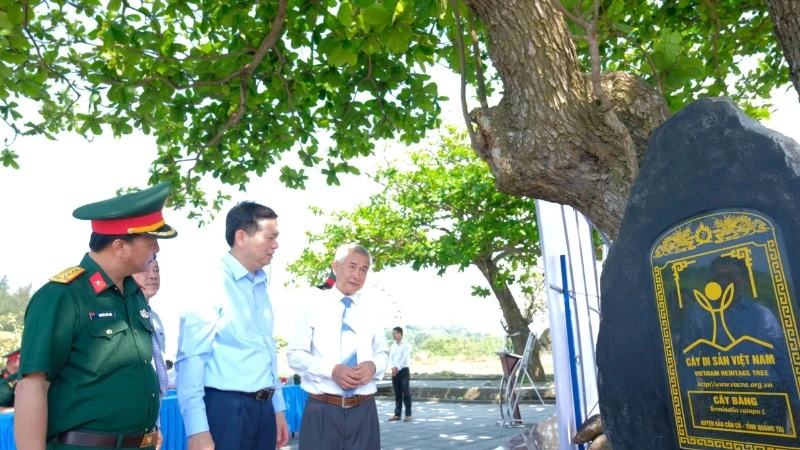
![[Video] Festival 2025 “Faith and Light” for the visually impaired - 6th time](https://vstatic.vietnam.vn/vietnam/resource/IMAGE/2025/4/18/c662ebf408194119b9d86f71bcfc8ff3)

























































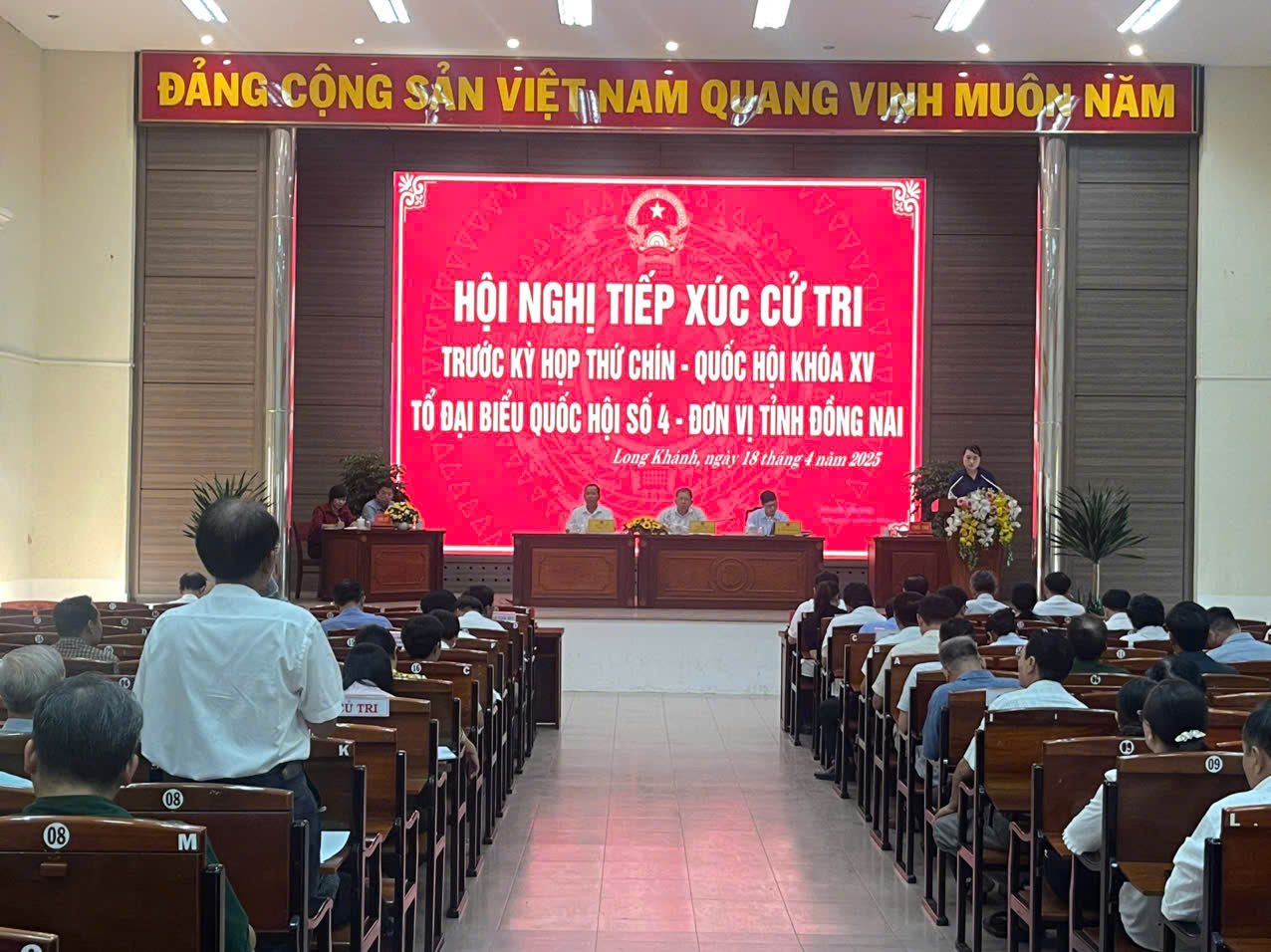

















Comment (0)